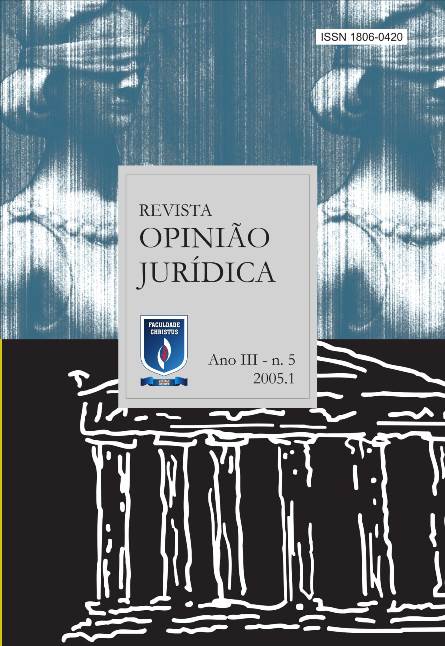OS INSTITUTOS DE DIREITO PRIVADO E O DIREITO TRIBUTÁRIO
DOI:
https://doi.org/10.12662/2447-6641oj.v3i5.p136-159.2005Keywords:
Direito Privado, Direito Tributário, Autonomia da vontade, Autonomia privada, Abuso de direito e de forma, Norma geral anti-elisivaAbstract
O presente trabalho tem por escopo analisar os principais institutos de Direito Privado em face do Direito Tributário, mormente quanto à aplicação de uma norma geral antielisiva. Aos negócios jurídicos celebrados pelas pessoas físicas e jurídicas devem ser aplicados os princípios da autonomia da vontade e da função social dos contratos. A legislação tributária deve coadunar-se com tais princípios, respeitando a autonomia privada e a boa-fé dos contraentes. Entretanto, o Poder Público tributante, na realização do interesse público e na preservação da ordem jurídica, poderá desconstituir judicialmente negócios jurídicos celebrados pelos contribuintes nos casos de simulação, com fraude à lei e com dolo, quando desprovidos de causa, no intuito de aplicar a norma tributária pertinente.
Downloads
Published
How to Cite
Issue
Section
License
CESSION OF COPYRIGHTS
The submission of articles to analysis for publication on Opinião Jurídica implies the author(s) transfers copyrights to Centro Universitário Christus – UNICHRISTUS for reproduction, publicizing, distribution, printing and publication, according to the Publication Norm 414R, Opin. Jur., Fortaleza, year 12, n. 16, p.1-414, Jan./Dec. 2014, costs to be bore by UNICHRISTUS, in whatever format or means that may or shall exist, in accordance to articles 49 and following of Federal Law 9.610/98.
1. In ceding copyrights, the author(s) agrees to do so in exclusivity, free of charge and for the totality of the work.
2. UNICHRISTUS may make the work, in its entirety or in parts, available for scholarly purposes, without altering its contents, except for small corrections that are deemed necessary.
3. The cession of copyrights is valid in all countries and for versions of the material in its original language or translated into a foreign language.
RESPONSIBILITY FOR THE CONTENT
By submitting an article, the author(s) declare to have sole responsibility for the content of the piece and is(are), therefore, responsible for any judicial or extrajudicial measures referring to it.
1. In case of joint authorship, all authors are considered collectively responsible, except when proved otherwise.



















